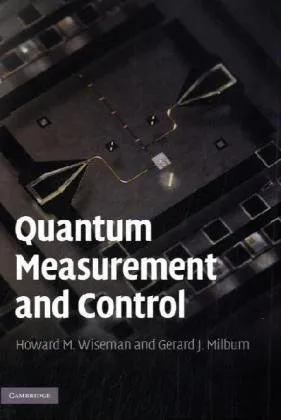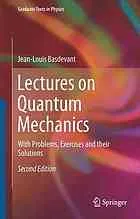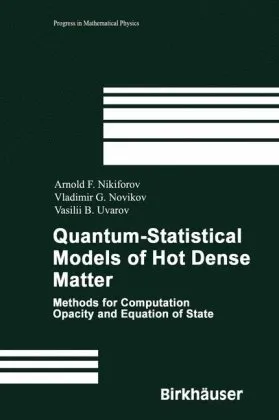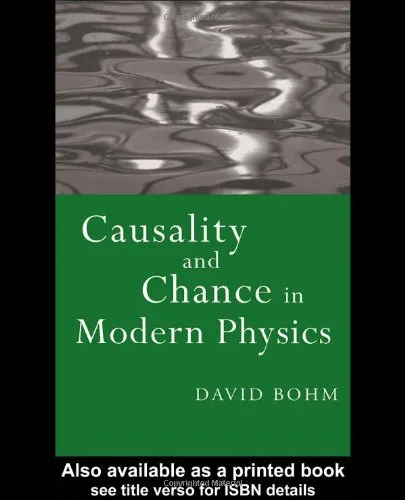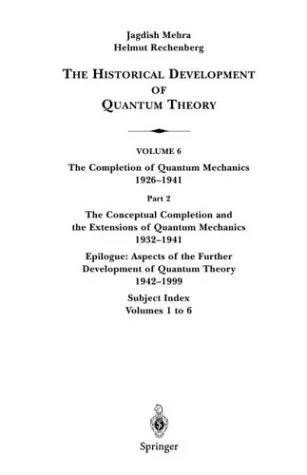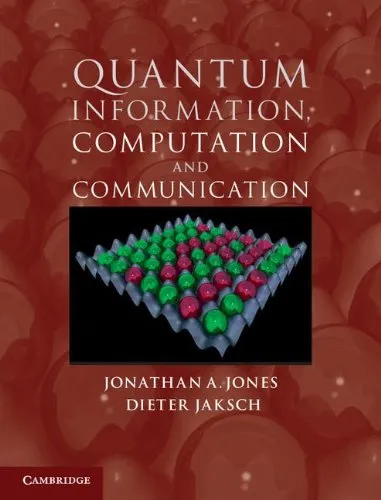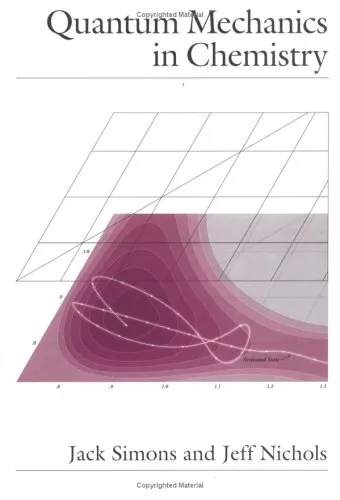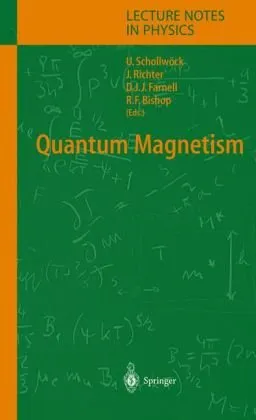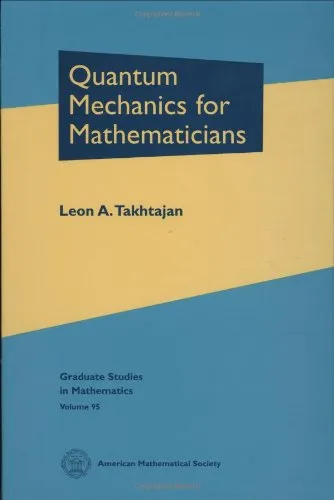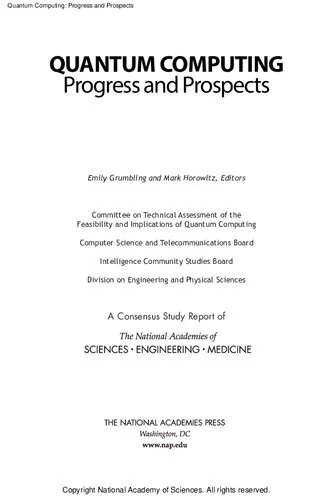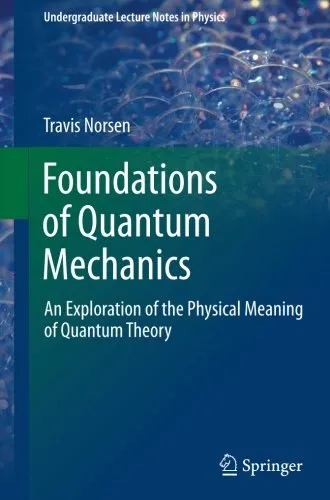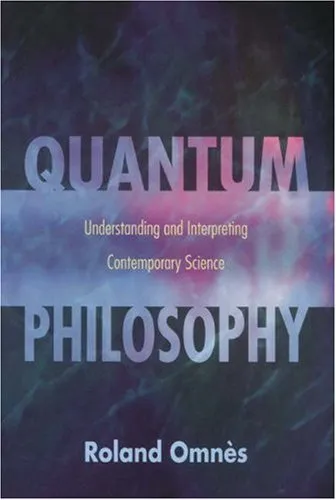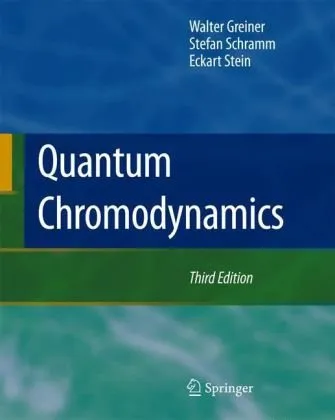Quantum Measurement and Control
4.5
Reviews from our users

You Can Ask your questions from this book's AI after Login
Each download or ask from book AI costs 2 points. To earn more free points, please visit the Points Guide Page and complete some valuable actions.Related Refrences:
Introduction to Quantum Measurement and Control
"Quantum Measurement and Control" by Howard M. Wiseman and Gerard J. Milburn is an authoritative exploration of the theories, techniques, and applications of quantum measurements and feedback control in modern physics. This book is a comprehensive resource that bridges quantum mechanics, control theory, and experimental physics, providing clarity to one of the most challenging domains in contemporary science: how quantum systems can be measured, monitored, and manipulated with precision.
Detailed Summary of the Book
The book delves deeply into the foundations of quantum mechanics, emphasizing the role of measurement and control in quantum systems. It begins by presenting a rigorous introduction to quantum measurement theory, covering fundamental principles such as the concepts of wavefunction collapse, decoherence, and measurement backaction. These foundational ideas are seamlessly integrated into advanced topics such as quantum state estimation, quantum trajectories, and continuous measurement.
Next, the authors extend the discussion to the realm of quantum control, where they introduce feedback control and quantum filtering. Here, readers will encounter the interplay between theory and practice, particularly in the context of applying control to ensure desired outcomes in quantum experiments and technologies. Topics such as optimal control strategies, stochastic master equations, and quantum feedback networks are given comprehensive treatment, tying together the theoretical and experimental aspects of the field.
Perhaps the most striking aspect of the book is how it connects theoretical frameworks to experimental applications. The authors provide illuminating examples from cutting-edge fields, such as quantum optics, cavity quantum electrodynamics, and solid-state physics, highlighting the relevance of quantum control in real-world scenarios. This makes the book an indispensable resource for researchers, graduate students, and practitioners aiming to apply quantum measurement and control techniques in domains like quantum computing, quantum metrology, and quantum communications.
Key Takeaways
- A detailed understanding of quantum measurement theory, including the role of observation, decoherence, and quantum-state collapse.
- Insights into quantum control techniques, including feedback and feedforward control, stochastic calculus, and optimal control strategies.
- Rigorous mathematical treatment of advanced topics such as quantum trajectories, conditional probability amplitudes, and open quantum systems.
- Applications of quantum measurement and control in diverse experimental setups such as quantum optics, atomic physics, and solid-state systems.
- An interdisciplinary approach, bridging quantum physics, control theory, and experimental practice, with attention to practical implementation challenges.
Famous Quotes from the Book
"The act of measurement in quantum mechanics is not merely an observation—it is an interaction that alters the system being observed in a fundamentally probabilistic way."
"Control theory is not only a tool to achieve desired quantum states or behaviors, but it is also a window into understanding the interplay between measurement, dynamics, and feedback on a quantum level."
"The practical applications of quantum measurement and control are as profound as their implications for fundamental science, impacting quantum technology, communication, and computation."
Why This Book Matters
"Quantum Measurement and Control" is a cornerstone text in the growing field of quantum technology, making it invaluable for anyone interested in how we can harness the power of quantum systems. In an era where quantum computers and quantum communication systems are becoming a reality, the theories and principles discussed in this book provide a framework for understanding and achieving groundbreaking experimental and technological progress.
The book's interdisciplinary appeal lies in its ability to cater to both theorists and experimentalists. By offering a robust theoretical discussion and connecting it to practical experimental insights, the text ensures that anyone working at the frontier of quantum mechanics will find it informative and applicable. Moreover, the clarity and depth of the writing make it equally suitable for graduate students entering the field and seasoned researchers seeking to expand their understanding.
At its core, the book stimulates a deeper understanding of how quantum systems interact with their environment and how human intervention can shape outcomes in controlled and predictable ways. In doing so, it paves the way for technological innovation, from precision measurements in quantum metrology to error correction in quantum computing.
Free Direct Download
You Can Download this book after Login
Accessing books through legal platforms and public libraries not only supports the rights of authors and publishers but also contributes to the sustainability of reading culture. Before downloading, please take a moment to consider these options.
Find this book on other platforms:
WorldCat helps you find books in libraries worldwide.
See ratings, reviews, and discussions on Goodreads.
Find and buy rare or used books on AbeBooks.
1594
بازدید4.5
امتیاز0
نظر98%
رضایتReviews:
4.5
Based on 0 users review
Questions & Answers
Ask questions about this book or help others by answering
No questions yet. Be the first to ask!
